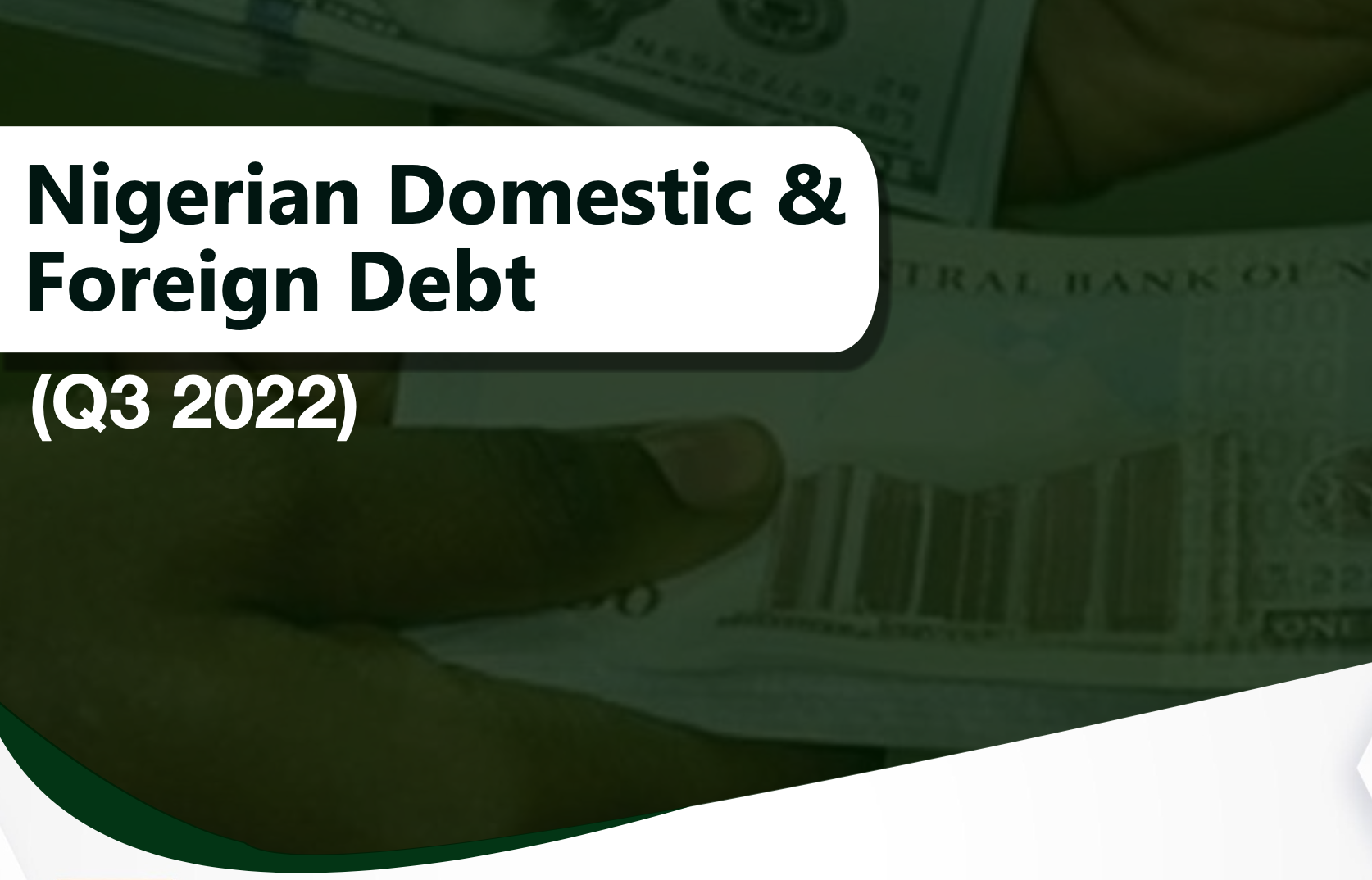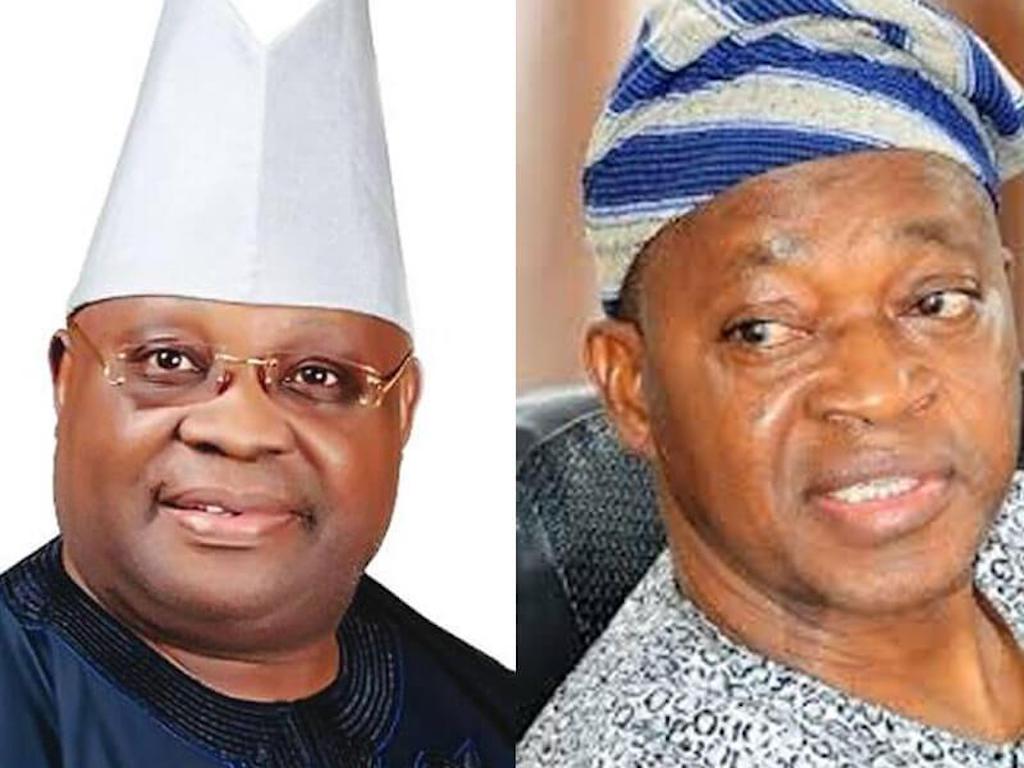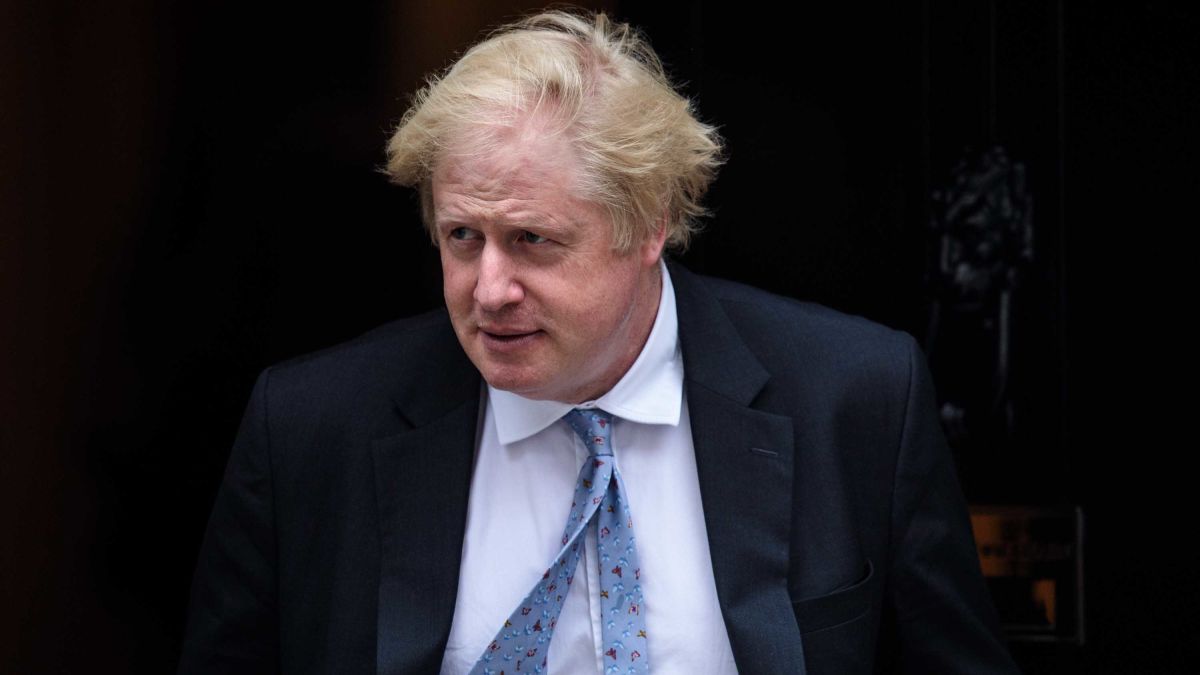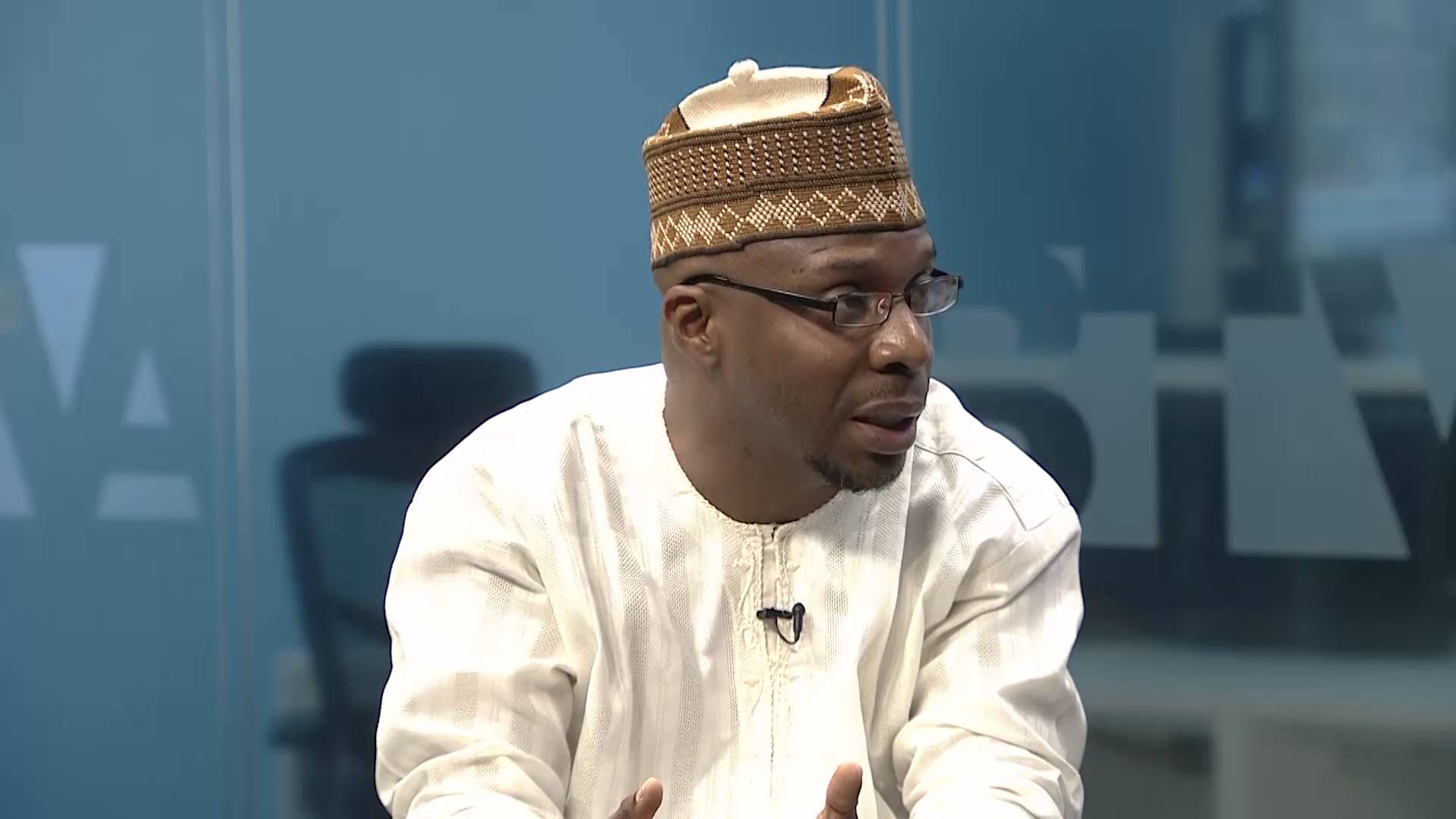Analysts at FSDH Research have said Nigeria still has room to borrow an additional N7.89 trillion before reaching a threshold of about N32 trillion.
Recall that the Debt Management Office (DMO) during the week announced that Nigeria’s debt stood at N24.4 trillion as at December 31, 2018.
The release of the report stirred a hot debate in the country, with different stakeholders appealing to federal government to reduce its borrowings. The International Monetary Fund (IMF) also cautioned the country against embarking on further borrowings.
However, in its report released this week the Lagos-based investment company said based on the fact that the public debt-to-GDP ratio of Nigeria, Africa’s largest economy, was still under 20 percent, precisely 18.89 percent, it can still get more loans to reach the 25 percent benchmark set for itself and the 56 percent international threshold set for countries in Nigeria’s peer group.
FSDH Research argued that countries like China, South Africa, India, UK and USA all have high debt-to-Gross Domestic Product (GDP) of over 50 percent, but stressed that they have successfully managed to deploy their borrowings into activities that can stimulate revenue generation including education, transportation, construction, security, technology, and other growth-enhancing infrastructure.
“By utilizing these borrowed funds in areas that improve the ease of doing business in their countries, they have been able to grow their economies further, create job opportunities, and create more avenues for their governments to grow their revenue,” the report said.
It advised the Nigerian government to diversify its revenue and create multiple sources so as to change the present narrative.
“Just as FSDH Research has suggested several times in our previous reports, there is an urgent need to expand the revenue base of the country through the growth of the non-oil sector.
“We suggest that the government should adopt strategies to increase and broaden its revenue. Some of these strategies include an increase in the tax base of the country (apart from an increase in the tax rate), removal of all administrative delays in obtaining licences and approvals (including titles to landed properties for building and agricultural purposes), the sale of unprofitable government assets and, removal of subsidies on electricity and Premium Motor Spirit (PMS).
“In addition, we emphasize that borrowing should be tied to specific projects that can improve the competitiveness of the country, such as the FGN Sukuk Bond.
“To conclude, as individuals and business entities in Nigeria, we can help government generate more revenue by paying our taxes and other dues as and when due. And government must surely reciprocate with the provision of appropriate facilities that will make life better for all,” it said.
Read full report below:
Have you ever had to borrow money and accumulate debt? Some individuals believe that debt is bad and as a result they live within their limited resources. But are debts really bad? Now, imagine that you run a chocolate-production business and you receive a large order to supply chocolates to a big customer who will surely pay you after supply.
After considering your resources, you find out that you do not have sufficient funds to purchase the raw materials required to produce the chocolates.
You are then faced with a decision to either borrow money from a willing lender to finance the operation and make your money later or not to borrow and lose the business. What will you do? It is your choice to make but borrowing is definitely a better option if the money is used for productive activities that have the capacity to pay back the debt as well as its associated interest.
Just as individuals and companies are faced with the dilemma of whether or not to borrow, countries also face the same problem.
Although it is difficult to find any country that does not borrow, there are key questions each country must ask. How much debt should they contract? What projects will the debt be used for? How will the loan be repaid on top of the associated interest? Whom should they approach to lend the money? What will be the impact of the loan servicing on the country’s ability to perform her obligations to the citizens? Some countries have shown that debt is not bad in itself. What truly matters is the productivity of the debt that is contracted.
Countries such as China, South Africa, India, UK and USA have high Debt-to-Gross Domestic Product (GDP) of over 50%. Our computation shows that despite the significant increase in Nigeria’s public debt in recent years, standing at N24 trillion, Nigeria’s Public Debt-to-GDP ratio is less that 20%. Based on this measure, Nigeria could borrow more.
The countries mentioned above, however, have managed to deploy their borrowings into activities that can stimulate revenue generation including education, transportation, construction, security, technology, and other growth-enhancing infrastructure. By utilizing these borrowed funds in areas that improve the ease of doing business in their countries, they have been able to grow their economies further, create job opportunities, and create more avenues for their governments to grow their revenue.
So, you might now be thinking, maybe debt is not bad after all. But, you must not be quick to say this. The matter of public debt must be weighed carefully and thoroughly. Just as there are countries that have done well because of increased borrowing, there are other countries whose high, unsustainable debt levels have not translated into economic development.
In reviewing Nigeria’s debt profile, FSDH Research observes that the level of debt has been on the increase over the years. As at December 2018, the total public debt increased to N24.39trillion. But this is not where the issue lies.
A further analysis shows that the Public Debt-to-GDP ratio is 18.89%, which is below the 25% benchmark the Federal Government of Nigeria (FGN) sets for Nigeria and the 56% international threshold set for countries in Nigeria’s peer group.
The 25% benchmark gives Nigeria a leeway to borrow an additional N7.89 trillion given her level of GDP. But before you are quick to celebrate, there is the need to consider one very important factor: the ability of the country to service the debt without causing untold hardship on the country.
In measuring the ability of a country to service her debt obligations, we look at the ratio of domestic debt service-to-FGN FAAC allocation.
This is where the problem lies for Nigeria. Low revenue generation makes it very difficult for the FGN to meet its debt obligations without sacrificing other important responsibilities of government.
FSDH Research notes that the current high debt service to revenue structure in Nigeria is unsustainably high and the high figure is due to the low revenue of the country. Although the strategies of the Debt Management Office (DMO) in debt management and the Central Bank of Bank of Nigeria (CBN) in monetary policy administration have reduced the interest burden of the government, Nigeria needs to accelerate revenue generation to enable it to meet all her debt obligations without stress.
The way to change this narrative is for Nigeria to diversify her revenue and create multiple sources. Just as FSDH Research has suggested several times in our previous reports, there is an urgent need to expand the revenue base of the country through the growth of the non-oil sector.
We suggest that the government should adopt strategies to increase and broaden its revenue. Some of these strategies include an increase in the tax base of the country (apart from an increase in the tax rate), removal of all administrative delays in obtaining licences and approvals (including titles to landed properties for building and agricultural purposes), the sale of unprofitable government assets and, removal of subsidies on electricity and Premium Motor Spirit (PMS).
In addition, we emphasize that borrowing should be tied to specific projects that can improve the competitiveness of the country, such as the FGN Sukuk Bond.
To conclude, as individuals and business entities in Nigeria, we can help government generate more revenue by paying our taxes and other dues as and when due. And government must surely reciprocate with the provision of appropriate facilities that will make life better for all.






